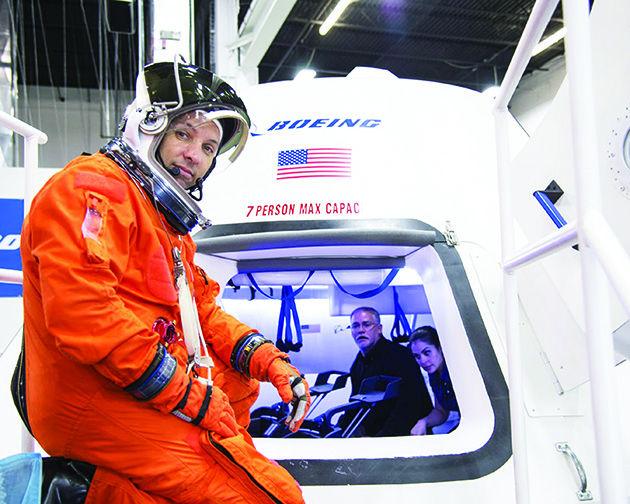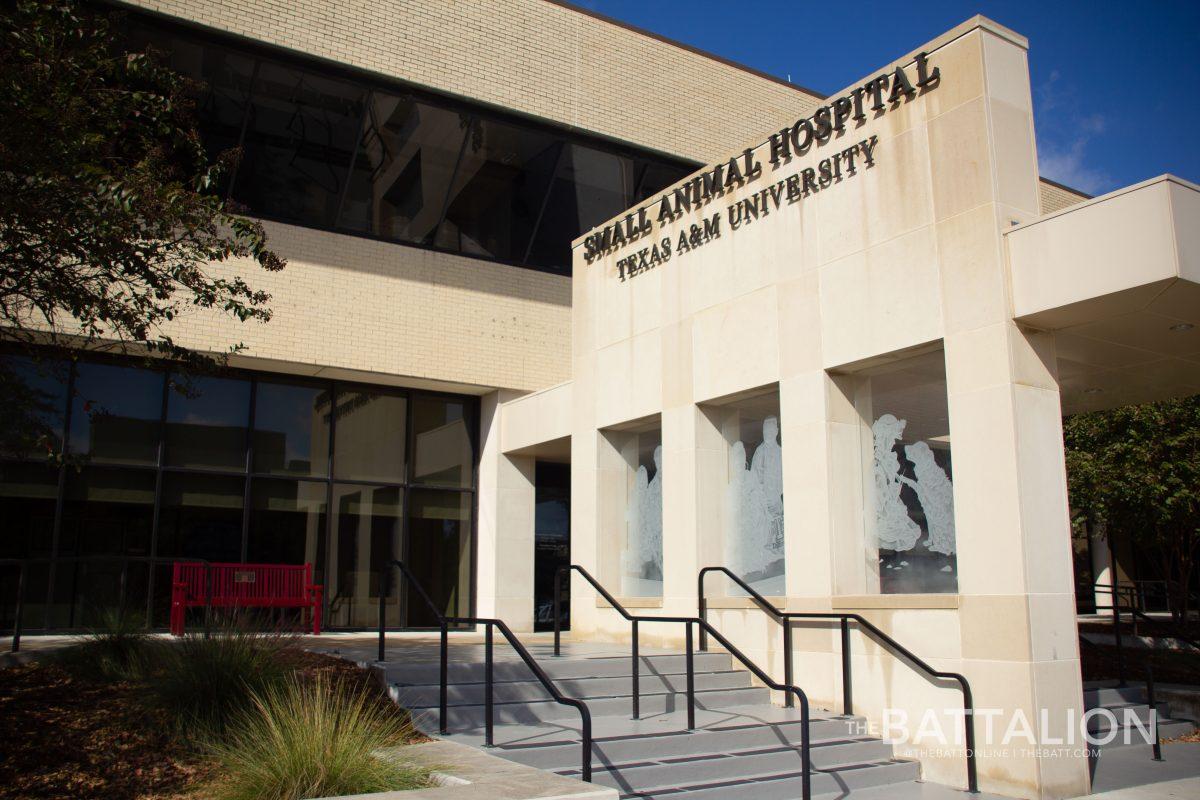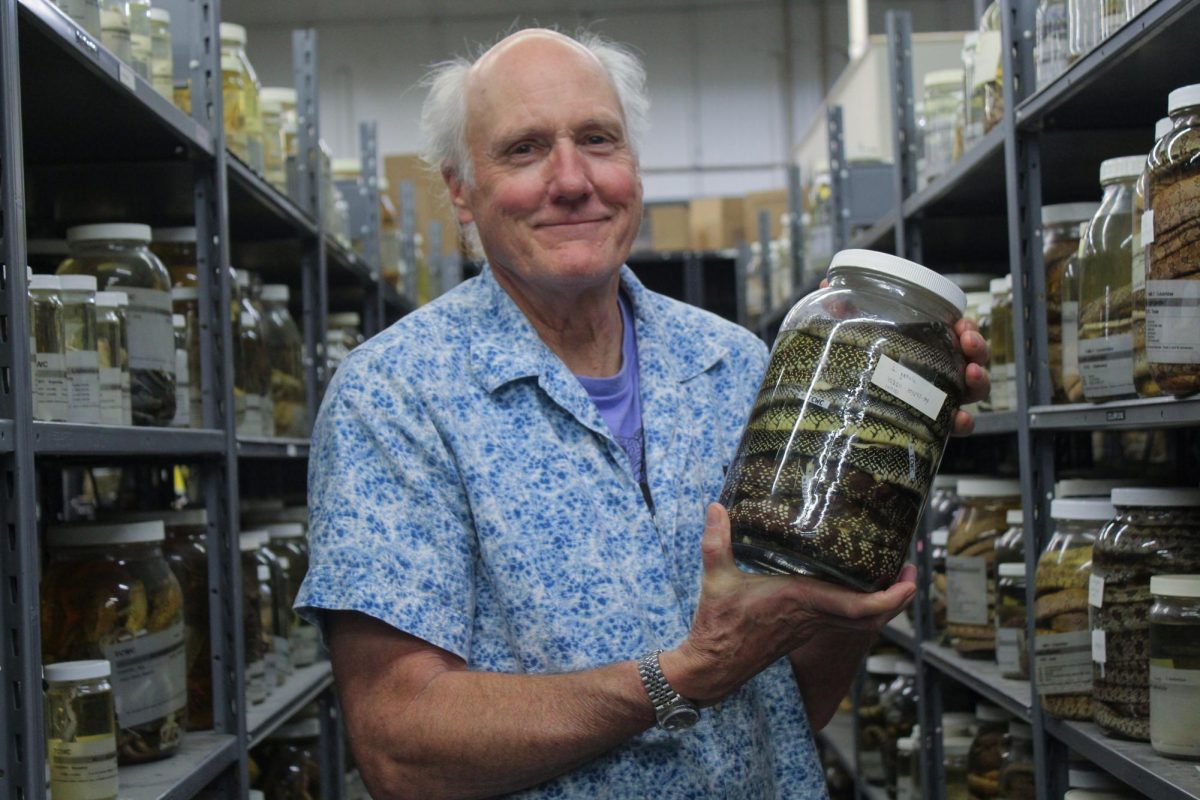Americans currently can’t enter outer space on their own accord — a fact that’s about to change, if a NASA contract with two private U.S. companies is successful.
The future of America’s manned spaceflight was announced Tuesday after NASA awarded $6.8 billion to Boeing and Space Exploration Technologies, or SpaceX, to carry astronauts to the International Space Station and back. The two companies may be ready as soon as 2017 to send American astronauts into space from United States soil and end NASA’s reliance on Russian spacecraft for the first time since the space shuttle program retired in 2011.
“From day one, the Obama administration made clear that the greatest nation on Earth should not be dependent on other nations to get into space,” NASA Administrator Charlie Bolden said in a press release.
Boeing and SpaceX were awarded $4.2 billion and $2.6 billion, respectively, to design capsule-based spacecraft able to ferry astronauts into low Earth orbit. A third company, Sierra Nevada, was developing a spacecraft reminiscent of NASA’s shuttle fleet but failed to gain a portion of the contract.
SpaceX, based in Hawthorne, California, offers a capsule-based design. Their Dragon V2 is a variation on the unmanned SpaceX cargo vehicle that has already successfully flown to space and delivered material to the ISS. Gregory Chamitoff, aerospace engineering professor and NASA astronaut, said its previous work lends the company an advantage.
“Space X has quite a head start,” Chamitoff said. “First of all it built its vehicle as a cargo-carrying vehicle and that evolved to the point of successful test flight and successful cargo deliveries. A lot of work was done by NASA and SpaceX to figure out the whole grappling approach because when it flies up there its get close, but it doesn’t dock by itself. It gets close, then someone board reaches out and grabs it and brings it in and docks it. When I was there we were developing procedures for that. A lot of work and a lot of investment has gone into making all that happen.”
Boeing is developing another capsule vehicle called the CST-100. The shape, similar to the Apollo vehicles, uses Atlas V rockets to launch that are a collaboration between Boeing and another company.
Aerospace engineering professor David Hyland said many more aspectsmust be taken into account when constructing a spacecraft designed to carry humans rather than cargo. Among these are g-forces affecting passengers during launch and vibration of the cabin in addition to the various life-support machines.
“Cargo is a whole lot less fragile than people,” Hyland said. “Overall, a cargo vehicle gives you a lot of leeway that lets you end up with a less expensive system.”
Hyland said he believes a capsule vehicle like the one Boeing and SpaceX propose have certain advantages over spacecraft that mimic aircraft, namely a lack of unnecessary complexity. He said the installation of each tile on the bottom of shuttles used take up to a week and a half to install.
“I have to confess that I have a certain prejudice in favor of a capsule sort of vehicle, if you’re talking about reusable vehicles,” Hyland said. “A basic capsule is in my book quite a bit simpler and more direct. That kind of technology is familiar and well developed. When you start getting into aircraft type vehicles, our experience being with the development of the space shuttle we see a lot of complexity start to blossom up from the concept.”
NASA has plenty of interest to speed up commercial investment in space technology. Current U.S. manned space operations rely solely on Russian technology and support, a relationship that can grow uncomfortable when the two nations clash on international policy.
Chuck Hermann, Bush School professor and international policy expert, said the strained relationship between the U.S. and Russia directly impacts the capabilities of the U.S. space program.
“Obviously our relations with Russia are difficult and that dependency gives Russia a potential means of holding us hostage in some sense,” Hermann said. “If we take actions against them or towards their actions in the Ukraine they can retaliate by denying to provide us with the necessary lengths for shuttling personnel back and forth from the space station. That is an important consideration.”
Hermann said that beyond maintaining the ISS, NASA’s dependence on Russia hinders any further space exploration.
“There is a larger issue, beyond maintaining our access to the space station,” Hermann said. “Further exploration of space requires thinking creatively and in new ways about vehicles for getting into space. Therefore, getting that creativity in the private sector involved in thinking seems to have a better chance of keeping America’s edge in space exploration. Our failure to have any near term alternative to the shuttle program, which needed to be phased out, has created a dependency which in the long run is not ideal for our continued scientific effort in space.”
Small step forward
September 18, 2014
Provided
Astronaut Randy Bresnik prepares to enter Boeing’s CST-100 spacecraft to check how much working room the occupants will have on a future mission.
0
Donate to The Battalion
$2790
$5000
Contributed
Our Goal
Your donation will support the student journalists of Texas A&M University - College Station. Your contribution will allow us to purchase equipment and cover our annual website hosting costs, in addition to paying freelance staffers for their work, travel costs for coverage and more!
More to Discover










